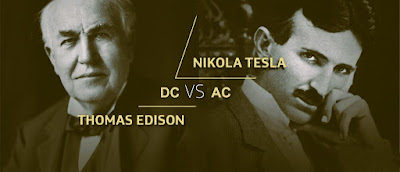John Bardeen: Winner of Nobel Prize Twice in Physics; The first one to do so
John Bardeen (1908-1991) was a physicist and electrical engineer from the United States who made substantial contributions to condensed matter physics and semiconductor technology. He is well recognized for his part in the discovery of the transistor and for being the only person to have twice been awarded the Nobel Prize in Physics.
On May 23, 1908, in Madison, Wisconsin, United States, Bardeen was born. He earned his bachelor's degree at the University of Wisconsin-Madison and his Ph.D. in mathematical physics from Princeton University in 1936. He joined the engineering faculty at the University of Minnesota after finishing his Ph.D. Bardeen began studying solid-state physics in the late 1930s, focusing on electrical conductivity in metals and semiconductors.
As a member of the team at the Naval Ordnance Laboratory during WWII, he contributed to the creation of radar technology. While working at Bell Laboratories, Bardeen, together with Walter Brattain and William Shockley, devised the point-contact transistor in 1947. By replacing bulky and power-consuming vacuum tubes with smaller, more efficient solid-state devices, the transistor revolutionized electronics. This breakthrough established the current digital age and paved the door for advances in computers, telecommunications, and a variety of other technologies. In 1956, Bardeen, Brattain, and Shockley were awarded the Nobel Prize in Physics for their seminal work on the transistor. With this accomplishment, Bardeen became the only individual to have earned two Nobel Prizes in Physics.
He shared his second Nobel Prize in 1972 with Leon Cooper and John Robert Schrieffer for developing the BCS theory, which described how electrical resistance vanishes at extremely low temperatures in certain materials, leading to the discovery of superconductivity.



Comments
Post a Comment